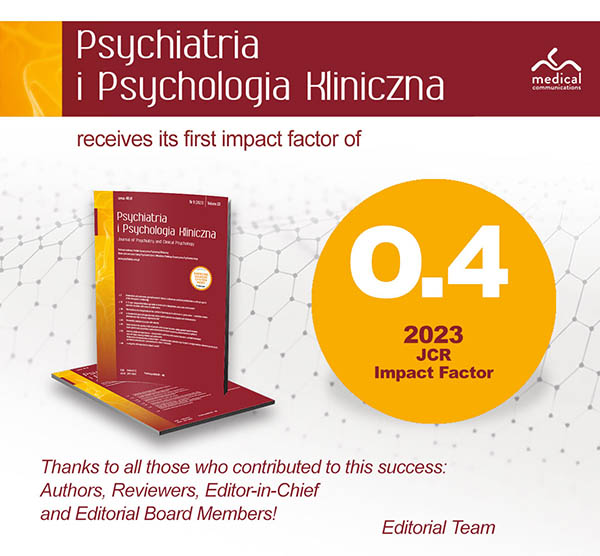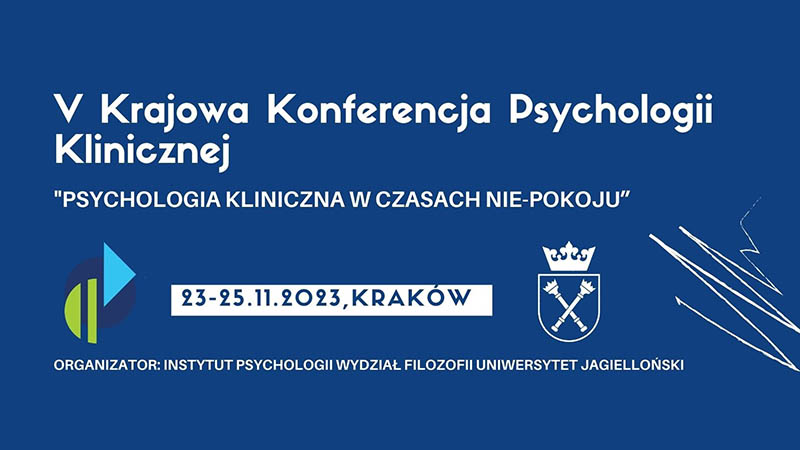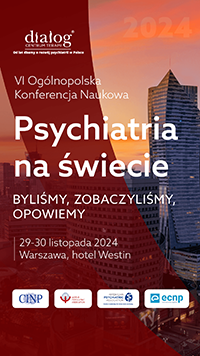The professional–family relation in the context of psychological consequences of errors made while informing parents about the diagnosis of developmental disorders in their child
Joanna Gładyszewska-Cylulko
 Affiliacja i adres do korespondencji
Affiliacja i adres do korespondencjiNumerous clinical experiments show that the moment when a parent learns that their child has been diagnosed with developmental disorders is important for the process of further treatment and rehabilitation of the child. Emotional experiences while being informed of the first diagnosis may influence the parent’s attitude to the child’s disability and have an effect on the relation with professionals who participate in broadly conceived rehabilitation and therapy. An inappropriate way of informing parents about the child’s developmental disorders may even lead to a severe trauma and have serious far-reaching consequences. Although painful experiences cannot be prevented, as the situation itself is stress-inducing, the trauma may be eased if the professional avoids undesirable behaviour, such as delaying the time when the information is passed to parents, not making sure what they understood of the diagnosis, not paying attention to the parents’ emotions at a given moment and not informing them of treatment and rehabilitation possibilities. The article presents a theoretical analysis of the influence of the first diagnosis on the occurrence of such emotions as fear of the future and past, the sense of guilt and shame. Those emotions have been analysed with reference to the experiences of parents of children with developmental disorders. The author has based the analysis on the results of studies conducted by various researchers, both Polish and foreign, and discussed parents’ experiences when they are informed of their child’s disability, emotions that they feel and the influence of those emotions on cognitive processes (especially perception and memory) as well as expectations that parents have of doctors and other professionals.















